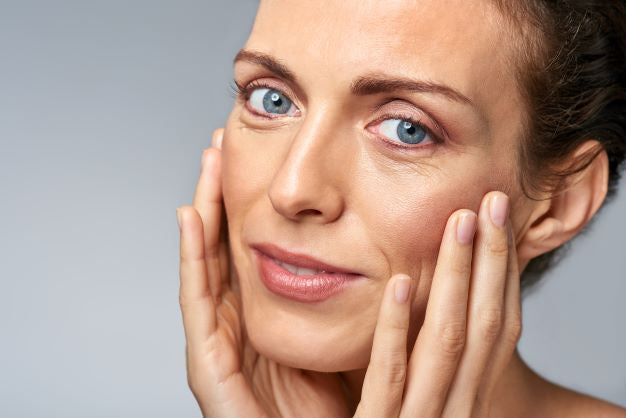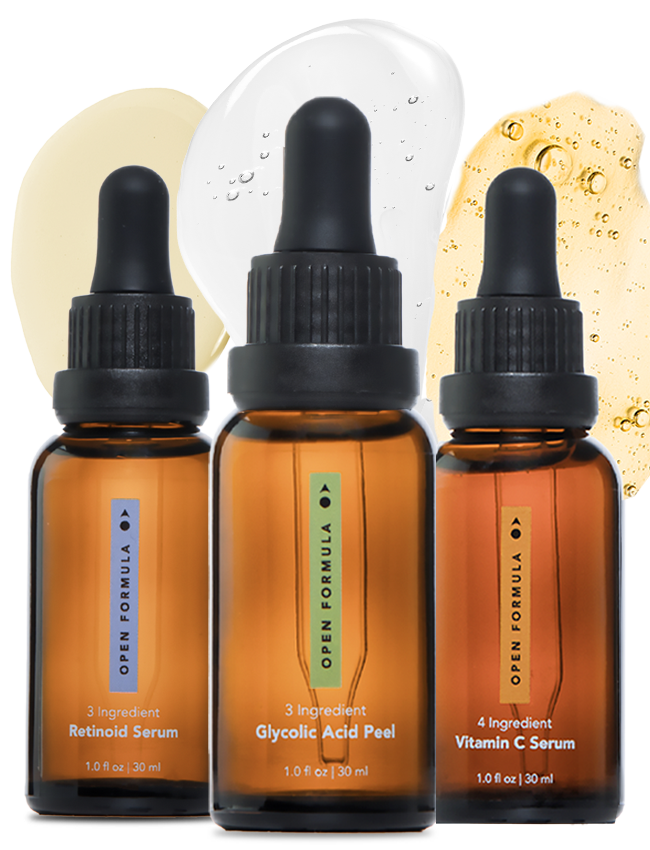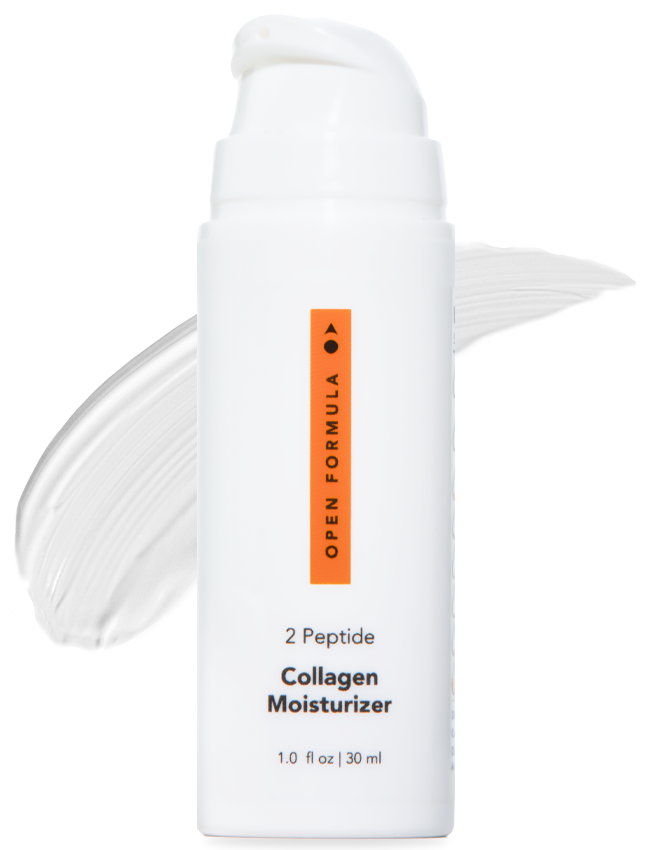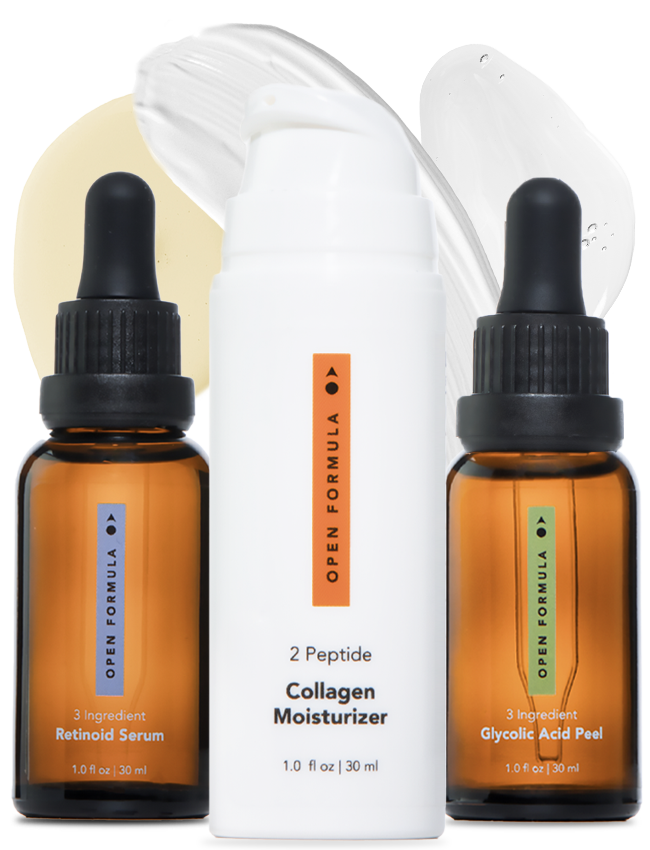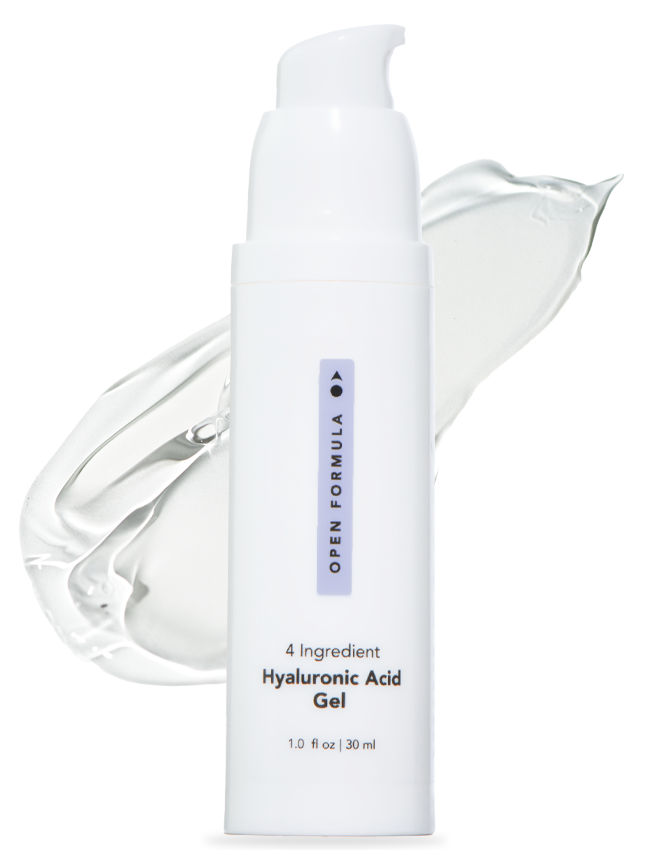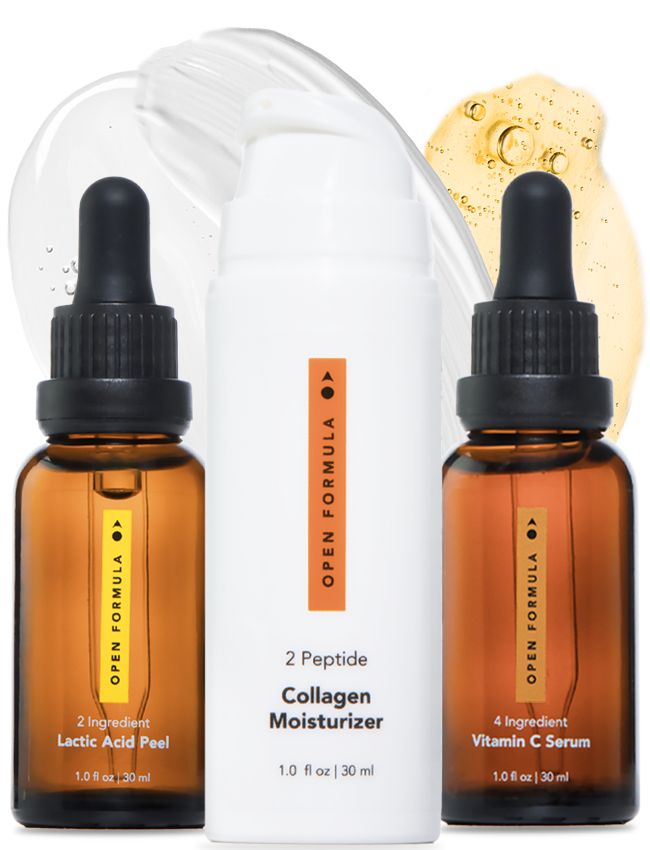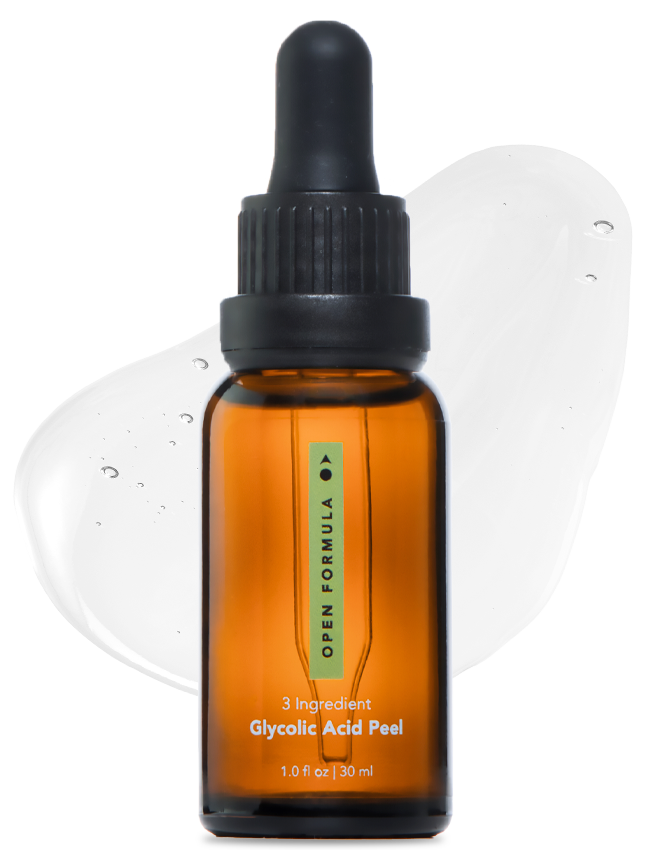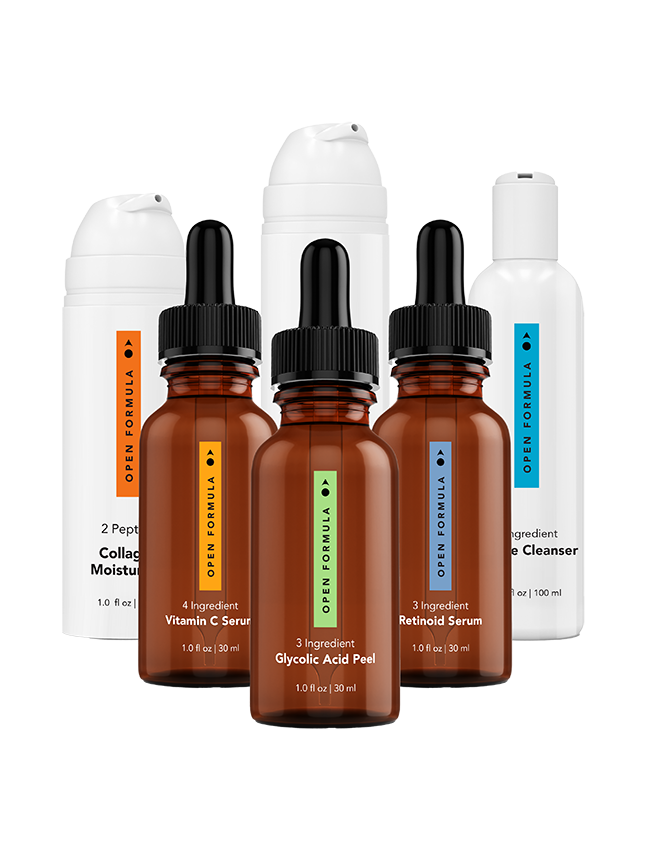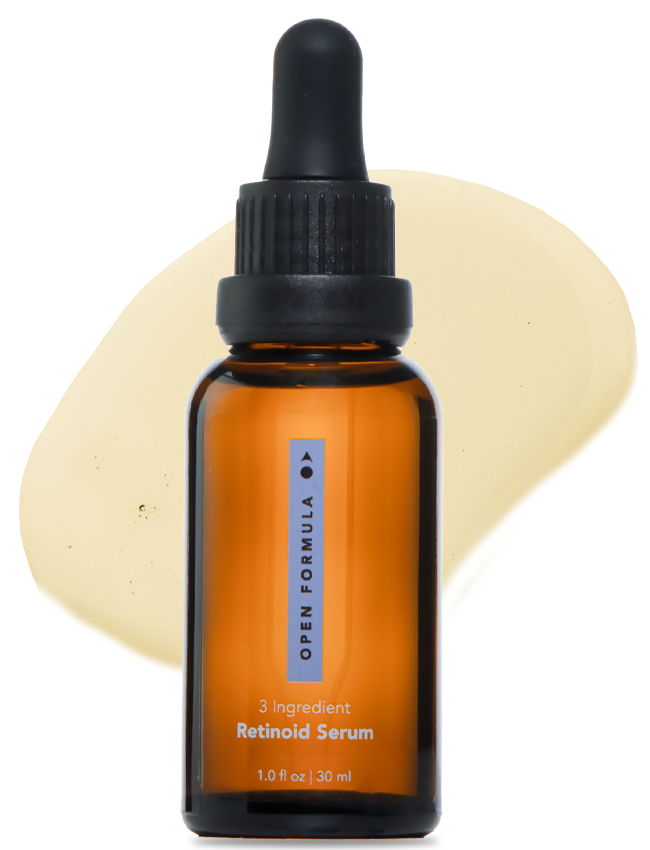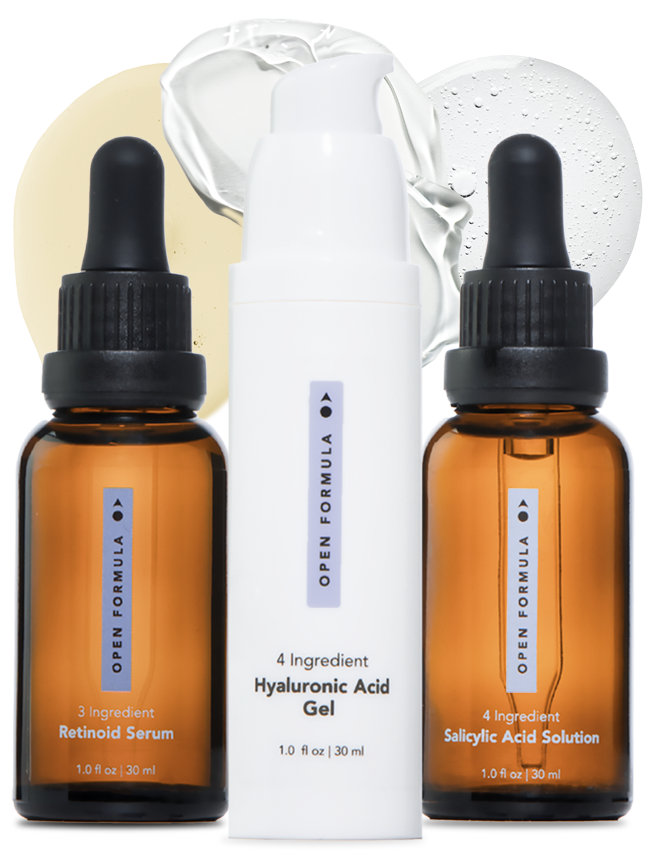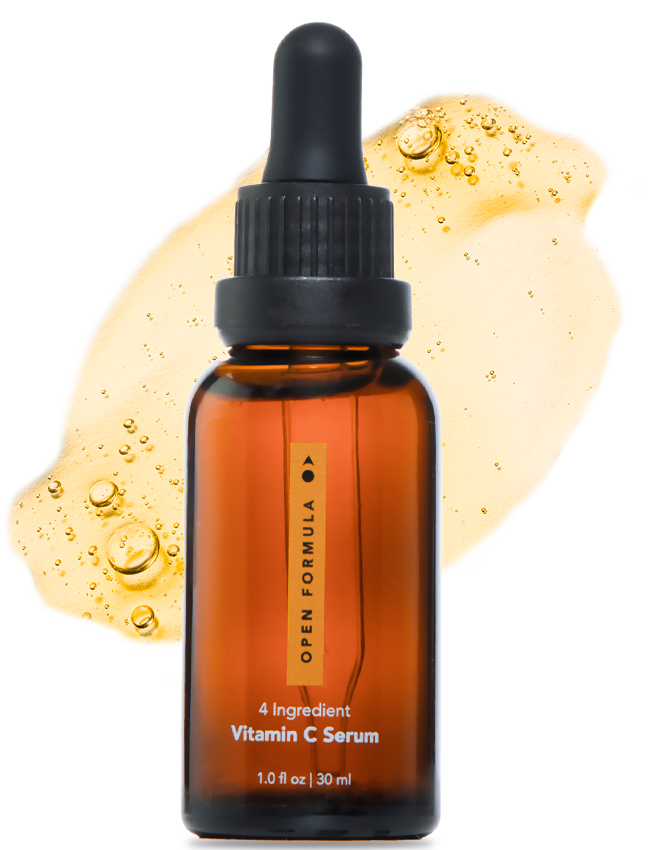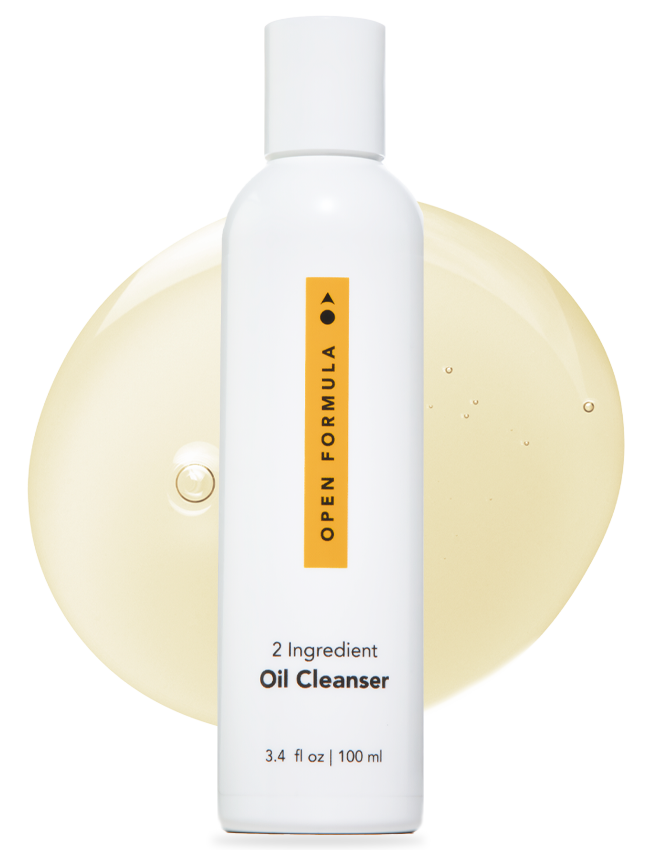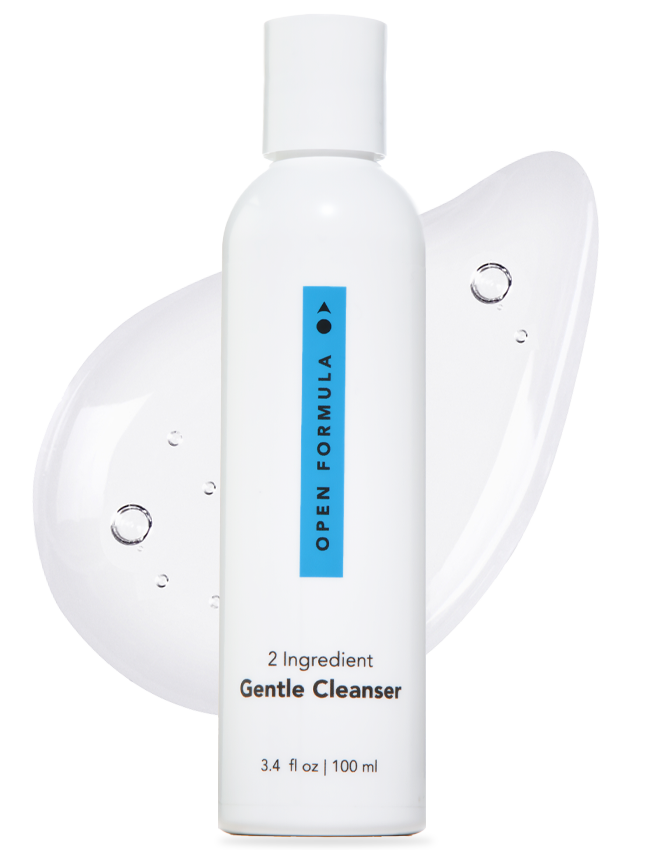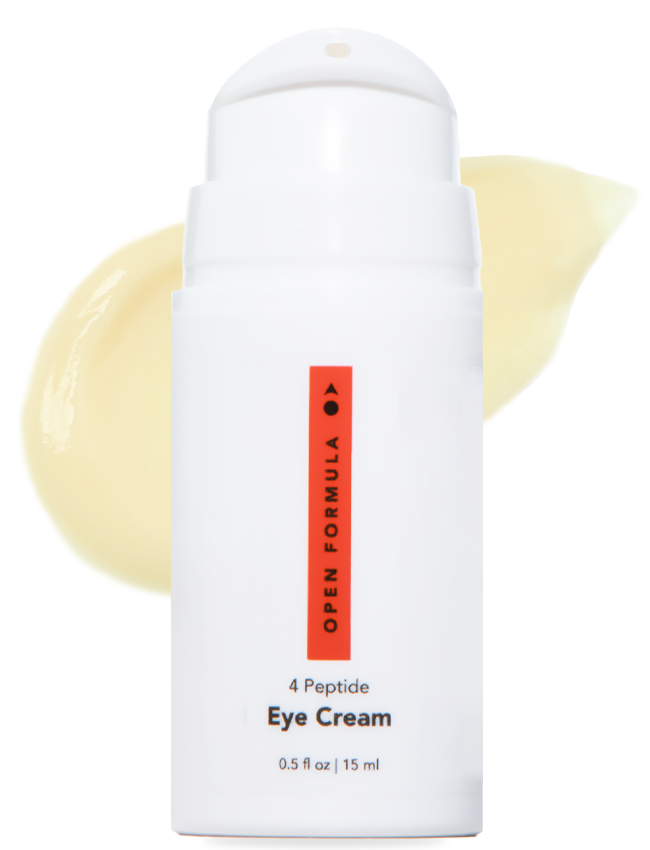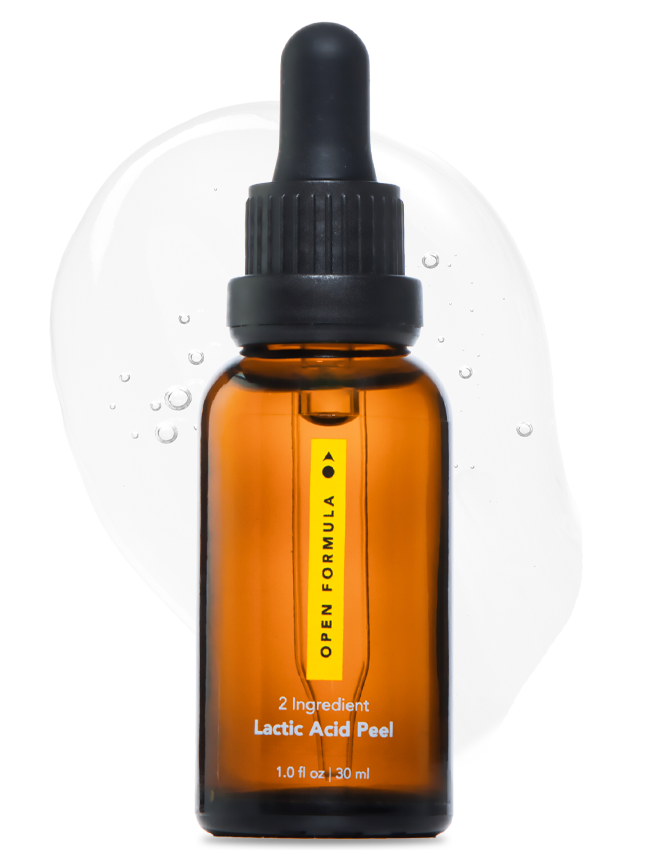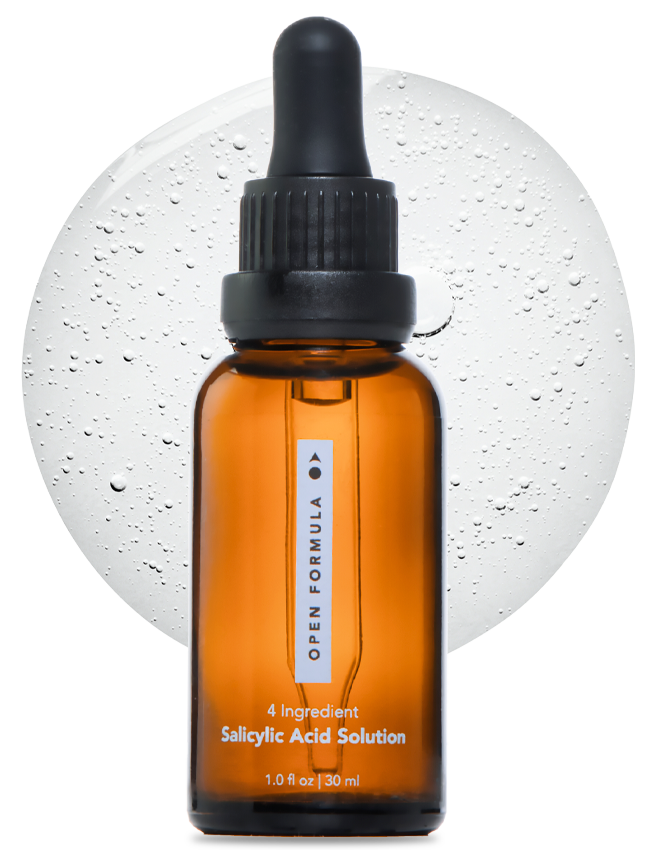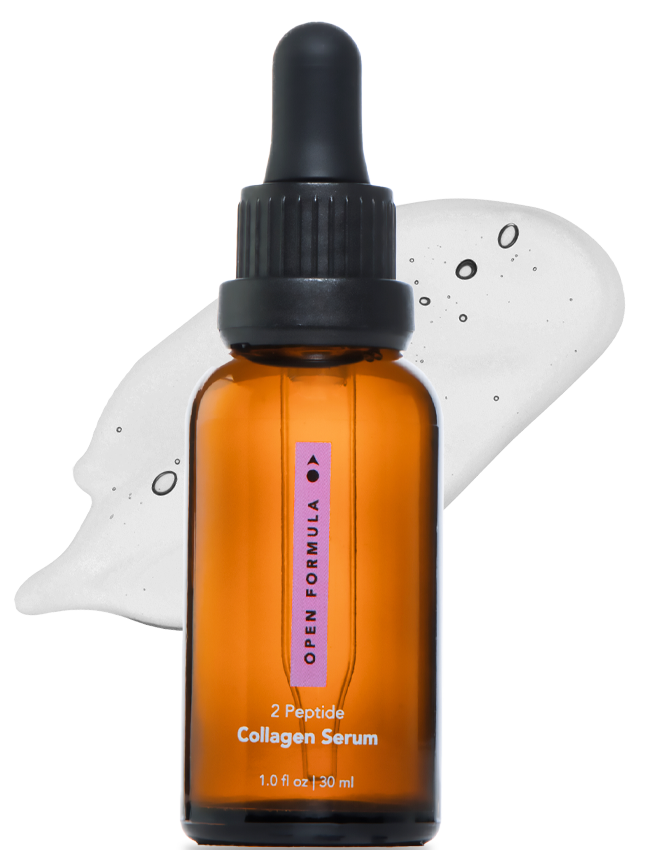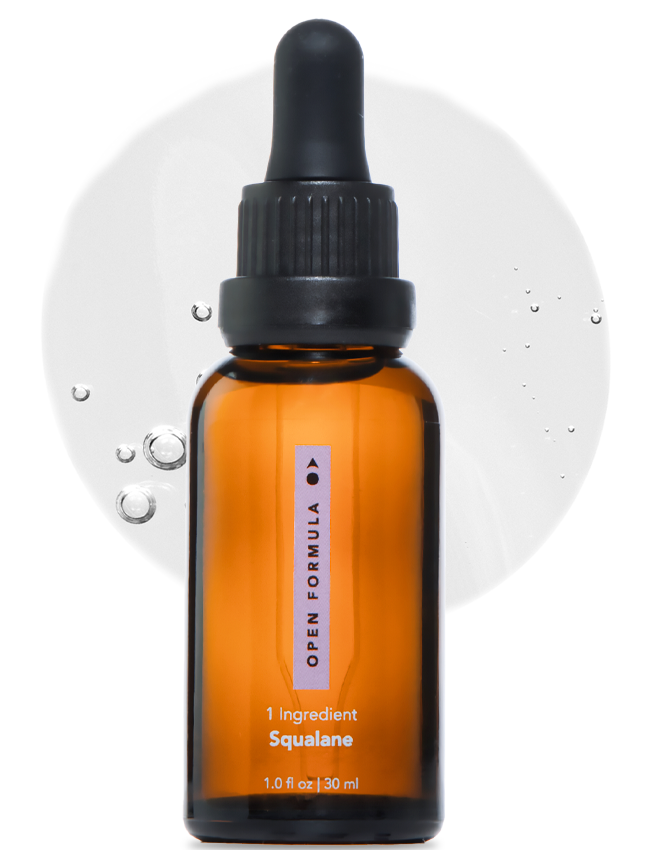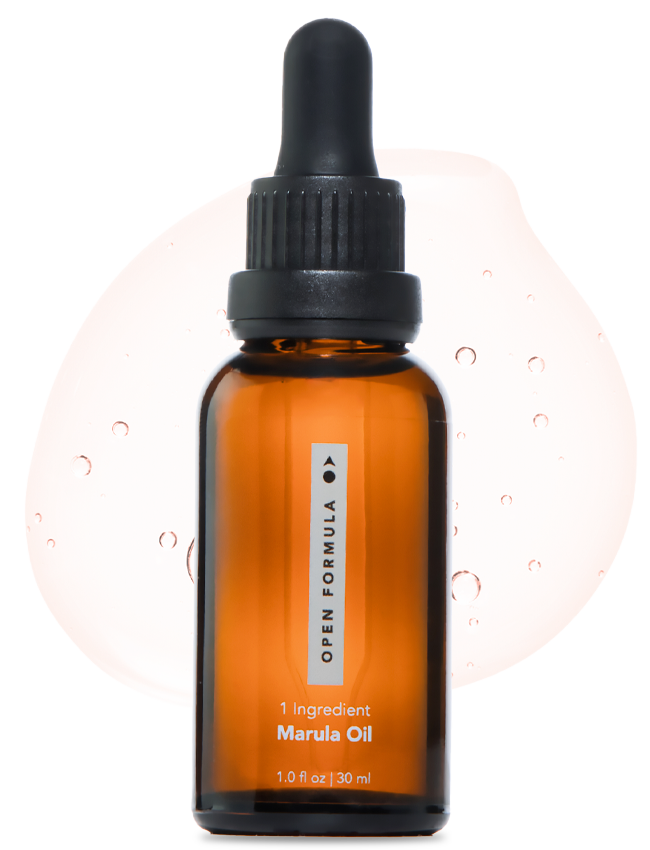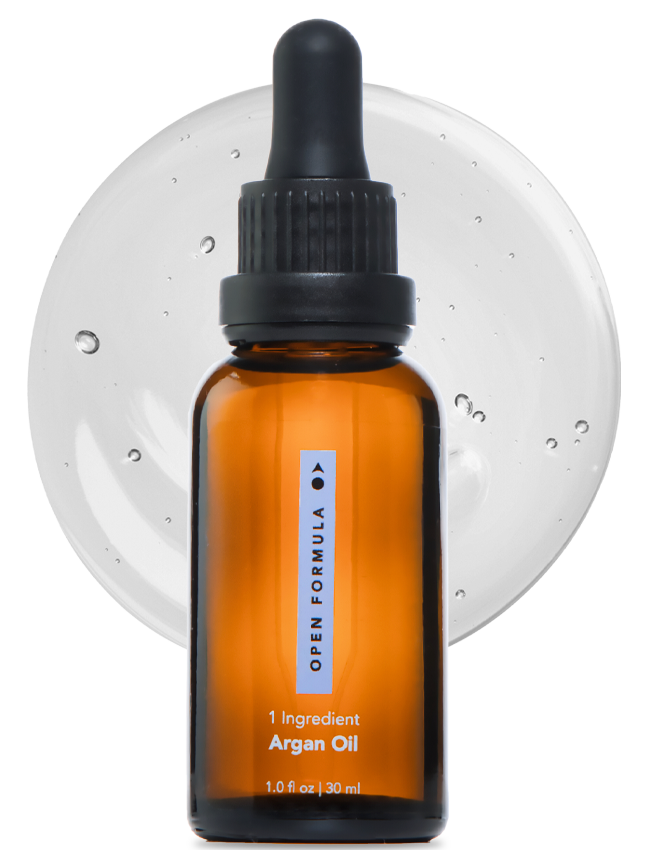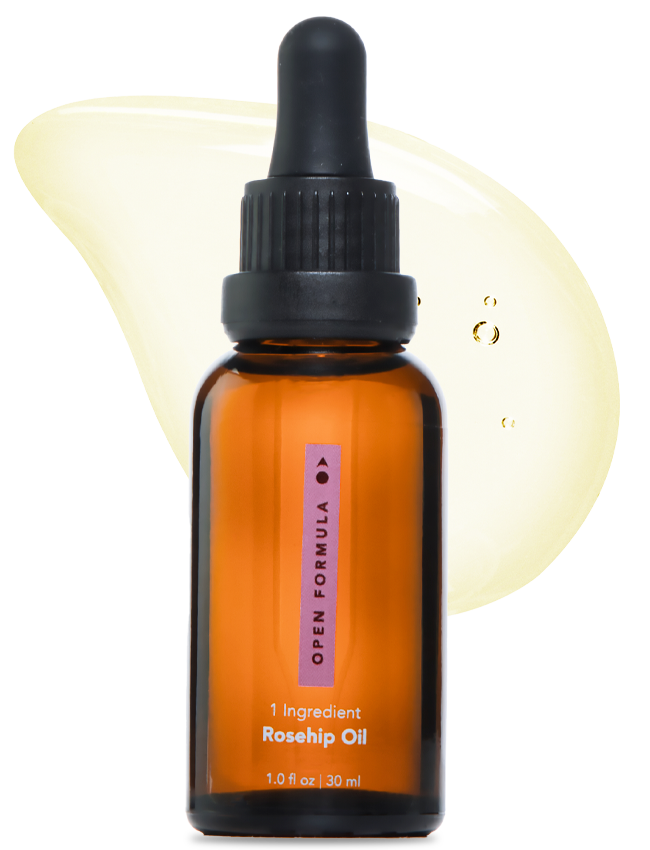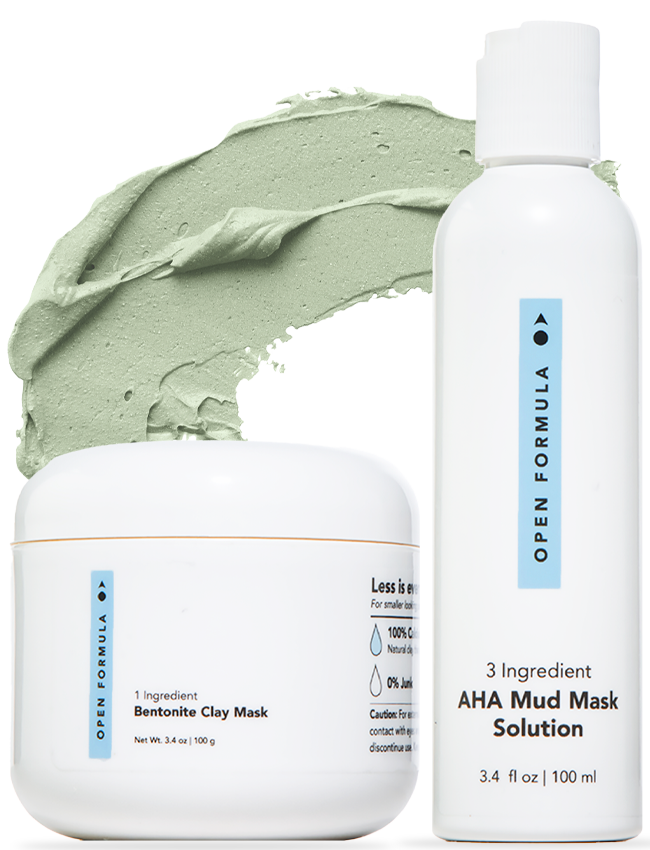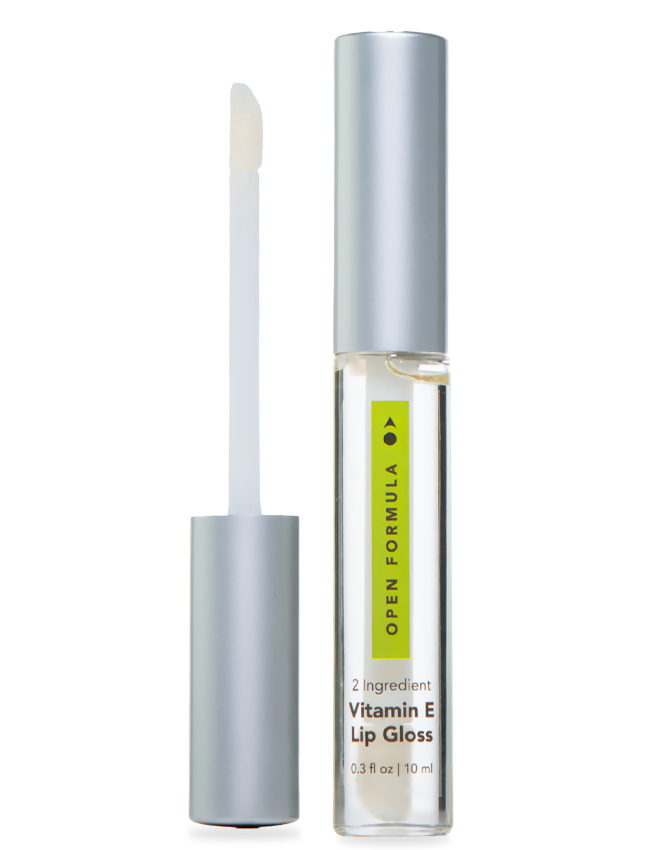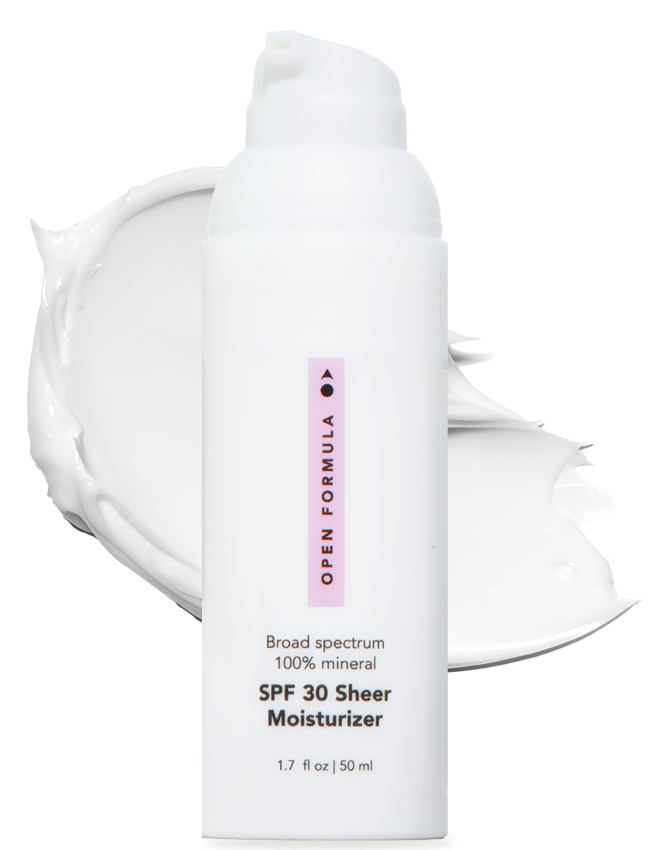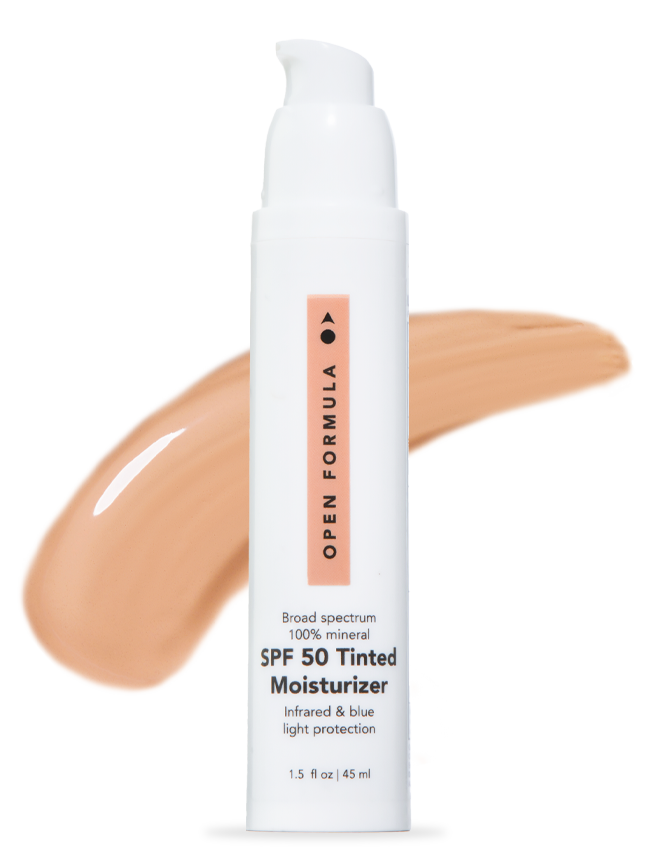As we get older, it’s no secret that skin changes—however, one significant difference is unique to older women; how skin alters during menopause.
In the USA, 1.3 million women become menopausal each year. If you’re around 51, this might include you this year.
Other than the usual signs of menopause, there are some differences that you might notice in your skin. Menopausal and postmenopausal skin can feel drier than normal, with thinner skin and a noticeable loss of firmness.
Does menopausal skin have to stay that way? Not necessarily - here’s how to create the best skincare routine after menopause.
How Does Skin Change After Menopause?
In this stage of life, women’s bodies are undergoing a serious change in the amount of hormones they produce. Two crucial female hormones, estrogen and progesterone, decrease in production, signaling your body that changes are underway. Here’s how this drop in female hormones ultimately affects your skin.
Drier Skin
Did you know that estrogen plays a vital role in skin hydration? Estrogen keeps your skin hydrated by managing your skin’s natural hyaluronic acid levels.
This female hormone is also thought to play a part in maintaining your skin’s moisture barrier function, aka the important skin structure that helps to lock hydration in your skin and protect it from outside irritants.
Using skincare rich in hyaluronic acid and other hydration-boosting ingredients can soften the effects of loss of estrogen on the skin.
Alongside water-based hydration from Hyaluronic Acid, facial oils such as Rosehip and Squalane can go a long way to helping to lock moisture into the skin. They’re best used after your moisturizer to bring a dewy glow and softness back to your skin.
Loss of Firmness
Another change in the skin directly related to declining estrogen levels is the drop in collagen, leading to loss of firmness and a crepey appearance.
According to the American Association of Dermatology, skin loses up to 30% of its collagen during the first five years of menopause. That’s a rate of nearly 6% per year! After that, collagen decline flattens out to around 2% per year.
Minimizing this effect on the skin starts with two critical skincare routine steps: wearing sunscreen and regularly using collagen-stimulating skincare ingredients.
Wearing sunscreen every day minimizes the harmful effect of UV rays on skin that lead to premature skin aging, wrinkles, and crepey skin.
Excessive collagen loss can be mitigated with the right skincare products, too! Vitamin C, Retinol, and Peptides are proven skincare ingredients that help your skin produce more collagen, softening wrinkles and preventing skin from losing firmness and bounce.
Skin After Menopause: Key Points
After puberty, menopause is the next big change in a woman’s life that affects her skin. As natural female hormone levels decrease, this affects the skin, increasing dryness and dropping collagen levels. The proper skin care can help to soften these effects on the skin by lending an outside source of hydration and collagen-boosting ingredients for youthful, rejuvenated skin.

